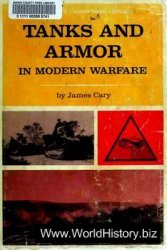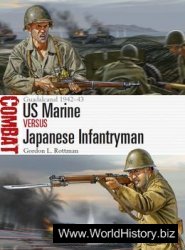Sir Thomas Wyatt’s third satire, ‘A spending hand’, is dedicated to Sir Francis Bryan, a man ‘who knows how great a grace | In writing is to cownsell man the right’ (BL, Egerton MS 2711, fo. 56r).46 As a diplomat and courtier, Bryan was known for his love of sententious wisdom, and for telling the unvarnished truth to Henry VIII. But in the Egerton manuscript of Wyatt’s poetry, these lines end with a question mark. The punctuation was probably inserted after Wyatt’s death by an aspiring mid-Tudor editor. Nevertheless, it seems to encompass much of the relationship between the two men, as well as the satire’s ambiguous pose. Bryan, known at court as Henry’s ‘Vicar of Hell’ for his dissolute advice and lifestyle, certainly had very public experience in delivering moral counsel. But to ‘cownsell man the right’? That is a question indeed.
In the sixteenth century, both Wyatt and Bryan were elevated as models of one or another virtue. Wyatt was canonized by Henry Howard, Earl of Surrey, and by the antiquary John Leland in elegies printed by John Herford (1542?) and Reyner Wolfe (1542), respectively. Surrey praised him as a model of a new kind of poetic honour (Sessions 1994). The Elizabethan commentator George Puttenham later named Wyatt, with Surrey, one of a ‘new company of courtly makers’ (Thomson 1974: 34). Bryan was also credited with poetic excellence: Michael Drayton called him a ‘sweet-tongued’ poet, one of the ‘best makers’ of the era and an anonymous contributor in Tottel’s Miscellany. In republishing Bryan’s translation of A Dispraise of the Life of a Courtier in 1575, the printer Thomas Thynne described Bryan as a Xenophon— after the Greek soldier and historian famous for collecting Socratic aphorisms—who shaped his countrymen, sword in one hand, pen in the other (Kinsman 1979: 279).
The characterizations of both men were flawed. Wyatt was perhaps the country’s most important poet since Chaucer, but he was not quite the figure of honour that Surrey portrayed. Bryan was hardly a poet at all: his one known piece of extant verse is clumsy and derivative even by the standards of early Tudor imitation, and there is little evidence that he authored any of the anonymous poems in Tottel’s Miscellany. Nevertheless, Tudor commentators got one thing right: as writers, Wyatt and Bryan epitomized two models of early Tudor ‘virtue’ in an age of profoundly shifting ethical value systems. These two models play out most dramatically in the shifting, ironic voices of Wyatt’s third satire.




 World History
World History

![United States Army in WWII - Europe - The Ardennes Battle of the Bulge [Illustrated Edition]](https://www.worldhistory.biz/uploads/posts/2015-05/1432563079_1428528748_0034497d_medium.jpeg)







